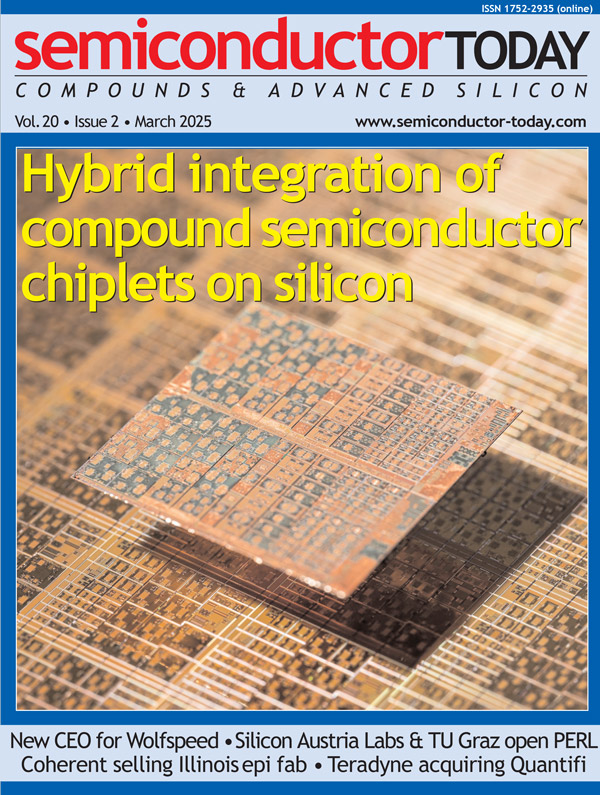- News
20 March 2013
Reflex presenting new 40Gbps duplex embedded transceivers
At the Optical Fiber Communication/National Fiber Optics Engineers Conference (OFC/NFOEC 2013) in Anaheim (19–21 March), California-based Reflex Photonics, which provides high-speed optical connectivity solutions for semiconductor packaging and data transfer applications, is showing its latest product, a 40Gbps duplex LightABLE optical engine module, as well as solutions from its parallel channel product line.
The 8-channel (4 TX and 4 RX) 40Gbps LightABLE optical engine provides bi-directional electrical-to-optical/optical-to-electrical connectivity of over 300m (three times the distance required by the IEEE 40GBASE-SR4 standard) using parallel channel, multi-mode optical fiber cable. The LightABLE offers a high-density, lower-power solution for 40GASE-SR4 40Gbps Ethernet, OTU3, QDR InfiniBand, PCIe 3.0 and proprietary backplane interconnections.
Reflex is also showcasing high-speed parallel channel, optical data communications solutions including:
- CFP transceivers, providing bi-directional electrical-to-optical/optical-to-electrical connectivity over 300m of parallel channel, multi-mode optical fiber cable with an aggregate data rate of up to 112Gbps. The CFP is designed for compliance to the CFP multi-source agreement (MSA) and to the IEEE 802.3ba 100GBASE-SR10 standard for data communications. The SR-10 CFP offers a standards-based low-cost/low-power alternative to single-mode solutions.
- 120Gbps LightABLE technology allows engineers to add high-speed parallel optical connectivity to almost any PCB design. The small, low-profile LightABLE optical engines are easily integrated into a PCB layout and industry-standard MT-terminated ribbon fibers attach to the optical engines, carrying high-speed optical data (up to 11Gbps per fiber) from a few centimetres up to 100m. A few Gbps to over 1Tbps of optical connectivity can be delivered directly to an application-specific integrated circuit (ASIC) or field-programmable gate array (FPGA), bypassing the need for large pluggable optical modules.



